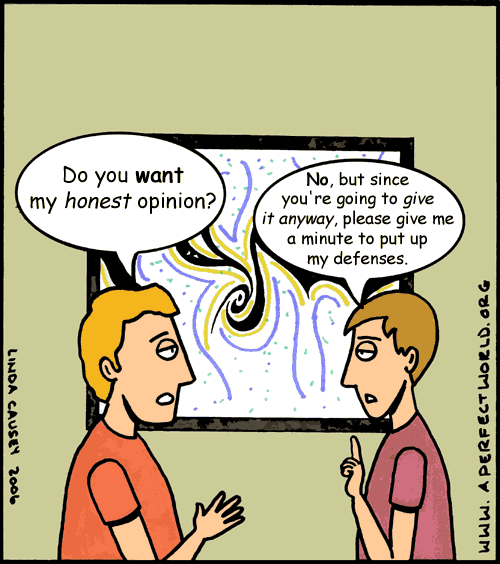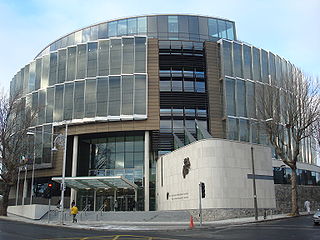 1. Introduction
1. Introduction
The liability of internet intermediaries for defamatory posts on their platforms was central to the decision of Binchy J in Muwema v Facebook Ireland Ltd [2016] IEHC 519 (23 August 2016). A Ugandan lawyer objected to allegedly defamatory posts on a pseudonymous Facebook account, and Binchy J gave an order requiring Facebook to identify the account-holder. However, he declined to grant injunctions requiring Facebook either to remove the posts or to prevent the material in them from being re-posted, on the grounds that Facebook could rely on the defence of innocent publication in section 27 of the Defamation Act 2009 (also here).
On the other hand, in the earlier Petroceltic International plc v Aut O’Mattic A8C Ireland Ltd (High Court, unreported, 20 August 2015, amended 8 September 2015; noted here (pdf) and here (pdf)) (see Irish Independent | Irish Times) Baker J not only gave an order requiring the defendant to identify an account-holder but also granted an injunction requiring the defendant to remove allegedly defamatory posts from a blog hosted on its site. Baker J simply made the relevant orders, whereas Binchy J handed down a full judgment explaining that section 27 was the reason why he refused to award the injunctions against the defamatory posts.…






